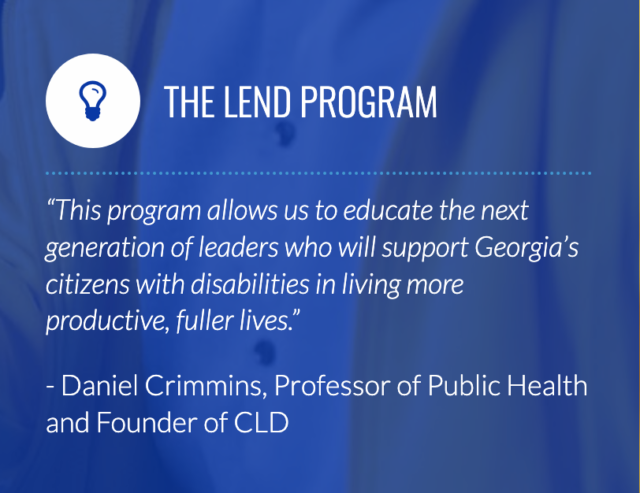Mark Crenshaw is the Assistant Director of the Center for Leadership in Disability (CLD) at Georgia State University and the Training Director for Georgia’s Leadership Education in Neurodevelopmental Disabilities (GaLEND) program.
The LEND program was originally established 50 years ago by the Maternal and Child Health Bureau, and there are 60 LEND programs with a program in nearly every state and territory. The LEND programs are funded in five-year cycles through a highly competitive application process, and GaLEND is funded through 2026. The GaLEND program began in 2011, and there are 230 alumni in Georgia. This year’s cohort has 27 participants.
There is no cost to participants—called fellows and trainees—and most participants receive a stipend. Participants include students in master’s or doctoral programs, post-doctoral fellows, and graduates with Ph.D. or MD degrees. Additionally, the GaLEND program includes professionals in the field, advocates, and self-advocates.
GaLEND was uniquely committed from the start of their program that people with intellectual and developmental disabilities (IDD) are represented as participants. Beginning next year, all LEND programs throughout the country will be required to have IDD trainees as well.
“There are 14 different disciplines that LEND could potentially bring together, and the idea is that the next generation of professionals will work together across disciplines to get better outcomes for people with disabilities and their families,” said Crenshaw.
All trainees and fellows participate in three graduate-level courses, and instruction is a mix of typical classroom instruction, case-based learning, and opportunities for participants to have conversations. Additionally, each participant is assigned to a family with a child with a disability. Participants spend eight hours with their family in the home or in the community. This is critical to helping LEND fellows and trainees understand the needs of families, providing families the opportunity to share what they want professionals to know about providing care. Participants also learn from self-advocates who are on leadership trajectories. LEND participants complete community-based research projects in interdisciplinary groups.
Crenshaw reflected on the impact of the GaLEND program, recalling alumni thriving in clinical and policy fields. “We need to make sure that professionals in this space are receiving the training to be competent and confident to support children and adults with disabilities and their families,” said Crenshaw.
Crenshaw hopes legislators understand the importance of addressing the ongoing workforce issues, like workforce shortages, low compensation, and the need for adequate and interdisciplinary training. “What we want to do is partner with policymakers to create conversations and provide additional resources around training a workforce to meet the needs of children and adults with disabilities and their families,” said Crenshaw.

For more information about the GaLEND program, visit https://cld.gsu.edu/lend/.
